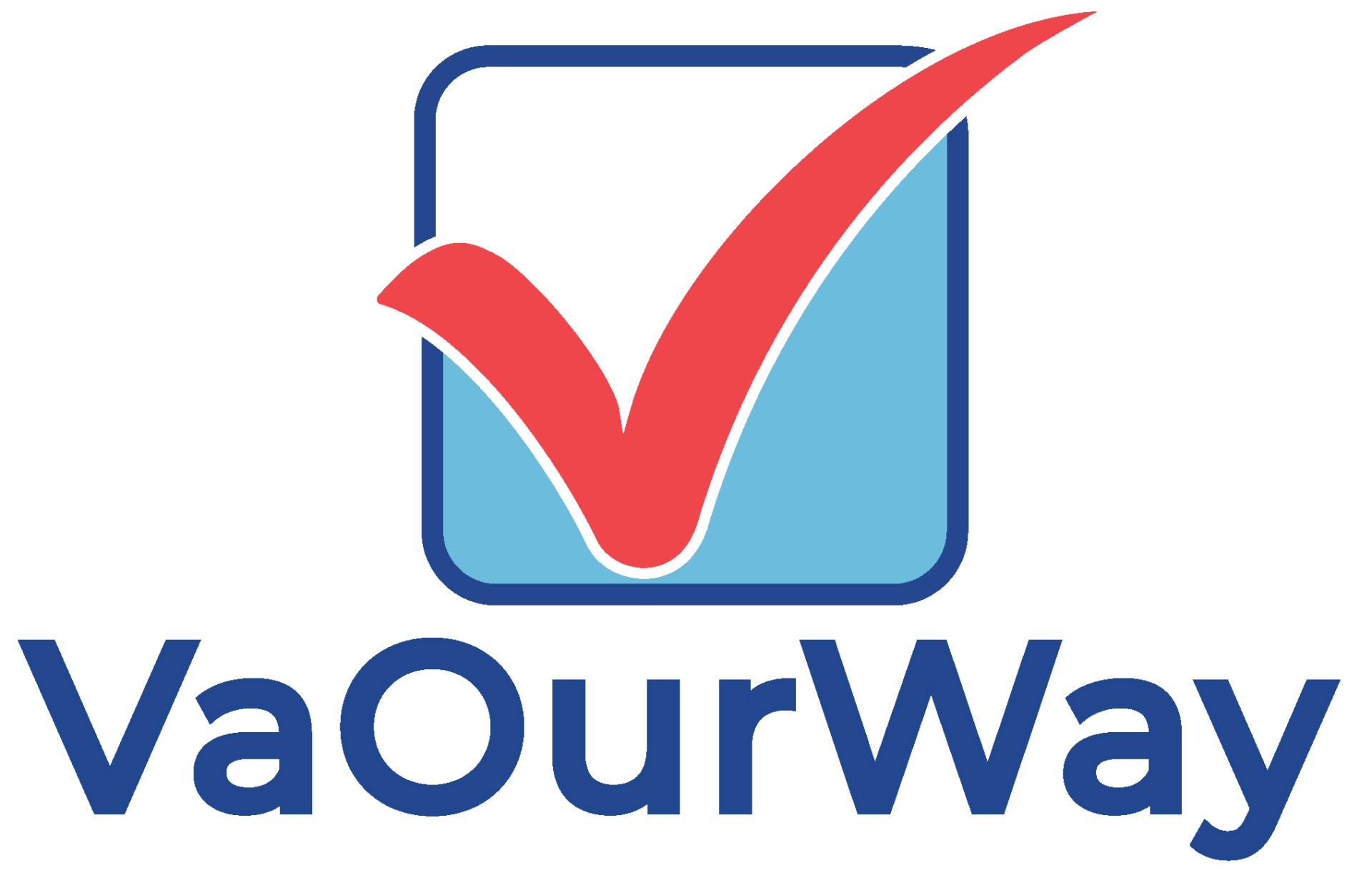Lawmakers called back to Richmond
Having concluded the 2022 regular session without approving a budget, lawmakers were called back to Richmond by Gov. Glenn Youngkin earlier this month for the purpose of picking up where they left off in reaching a compromise on the biennium state budget. After meeting for just over an hour, the legislature went into recess, with lawmakers returning to their respective districts.
When the regular legislative session adjourned in March, the two budget proposals passed by the Republican-controlled House of Delegates and the Democratic-controlled state Senate contained about
$3 billion in differences. Disagreements over tax cuts led to a stalemate in approving a final budget. Republicans have been trying to double the standard deduction on personal income taxes and eliminate the state and local grocery taxes. Democrats, on the other hand, are seeking to eliminate the state portion of the grocery tax while keeping a mechanism for localities to raise revenue via grocery taxes. Democrats would also rather conduct a study over the course of the next year on the impact tax cuts will have on revenue than move forward with doubling the standard deduction.
A conference committee consisting of 14 lawmakers from both the House and the Senate have been working together on a compromise budget since both chambers approved their respective proposals at the end of the session. Work has been slow, however, and without a budget compromise to vote on,
the General Assembly went into recess as quickly as it had convened. Lawmakers are expected to return to Richmond once again on April 27th to consider amendments and vetoes Gov. Youngkin has made to bills passed by the legislature. They’ll also have another chance to approve a budget; the current fiscal year ends on June 30.
In the meantime, Gov. Youngkin has been considering bills sent to him from the legislature. So far, he has vetoed 25 bills, all of which
received bipartisan support. Among the bills vetoed include one which would have established a
three-year statute of limitations on the collection of medical debt, one which sought to
prevent a repeat of this year’s I-95 traffic jam by prohibiting truck operators from using cruise control in snowy conditions, and one which would have prohibited penalties on
health insurance premiums for tobacco usage. The governor also
amended over 100 bills.
Providing Virginians with relief at the gas pump has also been a major topic of discussion among lawmakers as they gear up for a special session. With national gas prices hitting $4.33 last month, Gov. Youngkin has proposed
suspending Virginia’s 26 cents per gallon gas tax for three months. Democrats in the House raised concerns about how such a suspension could impact the budget, and proposed providing all car owners in Virginia with a $50 gas rebate, or up to a $100 rebate for households. It’s
unclear whether Senate Democrats support this proposal.
Lawmakers will have the opportunity to override Gov. Youngkin’s vetoes, consider his amendments, pass a measure to help Virginians pay for gas, and approve a biennial budget when they meet at the end of this month.





